Author of ‘These Tongues that Grow Roots’
- How did you arrive at the title of your book ‘These Tongues that Grow Roots’ ?
There’s this line in the titular story: “In my dream, each trickle is a tongue and the tongues grow roots, spread under the ground, hold one another through the soil across gardens and forests and dug-up hillsides.” I took the title of that story from this line. Stories travel, too. They heal. Hold one another’s hands, find compatriots, empaths, lean on one another, draw from one another. From writer to reader, from one reader to another, a subterranean movement, often. That’s how we relate to stories and they begin to live in us, find sustenance. That is how oral stories travelled over centuries.
- What prompted you to write this book?
I have been writing short stories for many years now. This is the second collection. I had some stories ready, which were published in different literary magazines; some I wrote afresh because I wanted to put together another collection. It’s been six years since the first book and it was time for another book to go out into the world, but at my pace.
- You write for anthologies and edit other writers’ works. How has this influenced your own writing style and selection of themes?
When I write for anthologies, it is usually a response to a theme set out by the editors. If the theme resonates with me, I try to respond. When I write for myself, I don’t consciously write to a theme or with the idea of a particular story or idea. It’s more often an image, a sentence, word, a passing thought, a memory or memory fragment, or even remembered smells or sounds. And then the story charts its course, the characters take over and a theme evolves. Once the theme makes its presence felt, I work towards fulfilling the story’s requirement.
As for being influenced by my editorial work, it hasn’t determined or influenced my choice of themes or approach to style. As I mentioned, I don’t choose the themes. It’s more organic. In terms of style, I have become more conscious. I edit as I write, and that can never be good for the progress of writing. Earlier, around the time my first book was published, I was more of an instinctive writer, writing out the initial drafts for myself before turning to the ‘crafting’ of the stories. Now I often find myself stepping back, stepping away even as I write. Sometimes the process kills the story and I put it away till I can look back with a semblance of sanity and ‘writerliness’, keeping the editor at bay. But when I have completed the first or second draft, it helps to remember the suggestions I may have given another writer in similar situations. And that lends the objectivity I require as a writer.
- The response of individuals caught in different violent situations is a recurring theme in your short stories. Comment.
Violence is everywhere, lurking in the shadows, behind closed doors, and now, increasingly, out in the open even if not always visible to everybody. It seems to be, more and more, the language of choice for so many of us. One cannot but be affected by it. Though I do not consciously or deliberately choose to show violence or the responses to it, the fact that it finds its way into the stories is telling in itself. How we respond to the presence of violence collectively as well as individually, is something that interests me. The collective is often not in our control, but the individual is, our responses to situations as individuals is what drives character.
- What is your advice to writers starting out?
First of all, to read. Read across genres, styles, subjects, never mind personal favorites. We all have those. But reading only what appeals to us does not help broaden our writerly horizons. Read to know what works for you and what doesn’t.
Don’t follow only market rules. Set your own rules. Be free, be independent, be bold. And wait. Not all writers get recognition or get it instantly or easily. If you are good, if you work at being good, you will get the recognition you deserve. It is important to write a good book and have a small audience of dedicated readers who wait for your next book than to write a mediocre one that may be a commercial success but soon forgotten. However, that’s my limited, unorthodox take on the matter.
Very important: get your work edited. Always.
- Which writers have you enjoyed reading the most growing up?
So many. It’s difficult to mention a few and leave out the rest. But since you ask – I grew up reading a lot of Tagore, some of Sunil Gangopadhyay’s works, a lot of Bankim Chandra Chattopadhyay… There was a phase when I read voraciously about Chaitanya Mahaprabhu – for some reason, I was addicted to reading about him and when I look back, I realise that it was an important phase in my life. Premchand, Mahadevi Varma, Bhishma Sahni, Manto… along with plenty of Hindi pulp fiction. Enid Blyton, Agatha Christie, Arthur Conan Doyle, Alistair Maclean, and all the books that my mother taught to her college students, whether graduate or post graduate, including Shakespeare at a very early age.
Two volumes of a book titled Secrets of World War II are still among the books I look back on with fond memories of summer vacation afternoons, and I remember them along with the fragrance of mango blossoms and evening showers.
I remember waiting eagerly for the detective and adventure stories that were published in the Bengali children’s magazine Anandamela. Satyajit Ray’s Feluda series, Sunil Gangopadhyay’s Kakababu. I still remember the thrill of reading Sisir Bose’s account, published serially, of his uncle Subhash Chandra Bose’s life.
And then, the books that most defined my life as a school girl: A.C. Bradley on Shakespeare and at the opposite end of the spectrum, Arthur Mee’s Children’s Encyclopaedia in 10 volumes. I still have those 10 volumes with me and to look at them lined along the bookshelf is like returning to my childhood and adolescence.
- Could you tell us about your writing process?
I don’t have a writing process. I write as and when I want to or can. There is no plan or defined schedule, if that’s what you’re asking me about. With two children to manage and deadline-oriented work, initially it was a luxury to find time to write. So, I wrote between pressure cooker whistles, but when I did, it was intense, as it is for all writers. Now, the kids have grown up, but I still have deadline oriented editorial work. Now I try to keep aside a couple of days each week to write. Write anything that comes to mind. I don’t sit down at the laptop with the decision to write something specific. Initially I struggle, but once the sentences begin to take shape, I get into that meditative space again. Writing is meditation. Whether it is for an hour, a couple of hours, or a day. I write in a nomadic way, wherever I find space. But the white noise of cafés helps me concentrate much more than the erratic quietness of home.
- What are some lessons you’ve learned while writing this book?
The stories in this book were written over a few years. In Cast Out and Other Stories, published in 2018, my stories turned toward the surreal more than in this collection. In this book, there is ‘silence’. Whether in the pandemic stories, or in the more abstract ‘Synonyms of Emptiness’, or ‘Silence of Falling Snow’, or even in a story that builds itself around remembered violence, ‘Between the Shadows’. Or in the titular story. Silence is a strong element and when I think about the writing of these stories, I think of silence, of the sounds it hides, of listening to it carefully. That is my take away.
And I put together this book through illness. So, it also became a kind of refuge from a disturbing reality, a kind of space that seemed to anchor me, help me not just forget the bodily issues but also create the space for me to fight them.
- Which book on writing craft would you recommend to writers?
Books or essays, I would say. Lee Gutkind’s ‘The 5Rs of Creative Nonfiction’ is a must read for those who are interested in this genre. The essay reflects all that he says about the writing of creative non-fiction. It’s a classic example of actions speaking louder than words. Another essay that I would strongly recommend is Eudora Welty’s ‘The Making of a Writer: Listening in the Dark’ – the art of listening and then turning that into the inward voice of the writer. It’s my go-to piece of writing. Three other books that come to mind are Reading like a Writer by Francise Prose; Writing in an Age of Silence by Sara Paretsky (explores the writer’s art and responsibility); and Stephen King’s On Writing: A Memoir of the Craft…
- If you could be a literary character for a day, who would you be and why?
Atticus Finch from To Kill a Mocking Bird or Kya from Where the Crawdads Sing. Atticus has been a dominant, vibrant literary presence for me ever since I read the book. And I think he carries for me a halo that may fade or diminish if I were to read the book at this stage in my life, so I haven’t tried to do so. But the values he passes on to his children in this story left a lasting impression on me, especially his version of what it means to be courageous.
Kya leads the kind of life that one can only dream of, sans her many travails, of course. We often talk and write about climate and environment without really living it.
Thank you!
Sucharita Dutta-Asane
Author: Cast Out and Other Stories; These Tongues that Grow Roots
Editor, Red River Story
This blog post is part of ‘Blogaberry Dazzle’ hosted by Cindy D’Silva and Noor Anand Chawla
in collaboration with Dr. Preeti Chauhan.
This post is part of the Bookish League blog hop hosted by Bohemian Bibliophile.
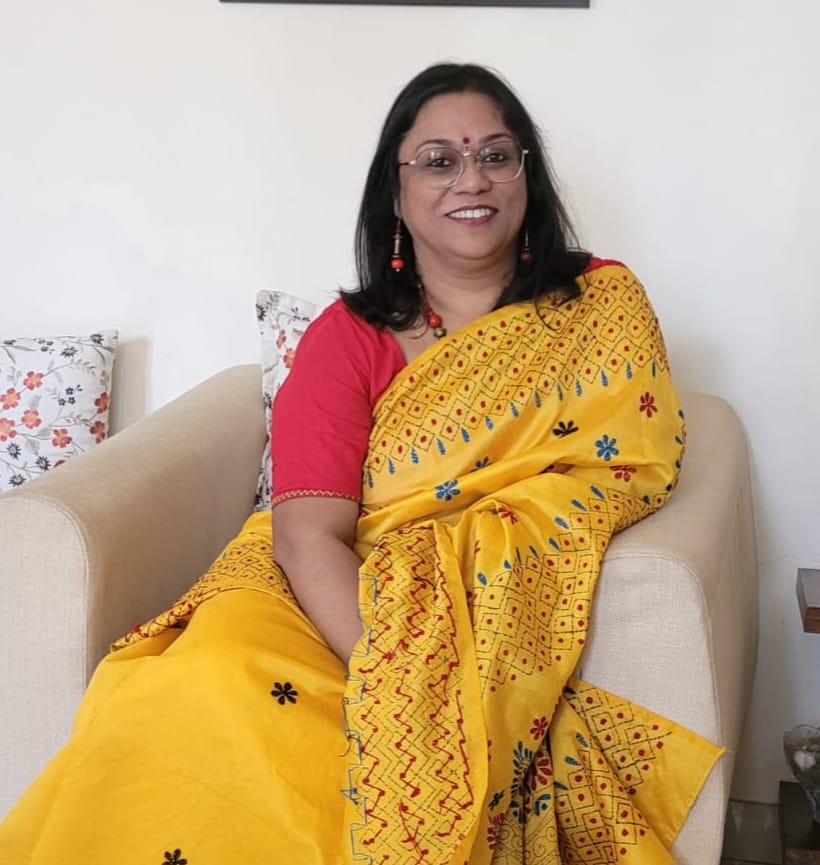

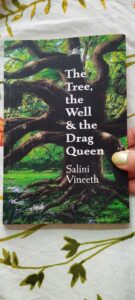
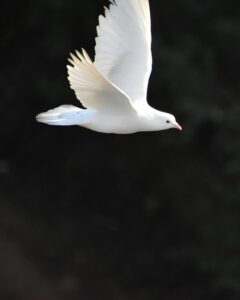

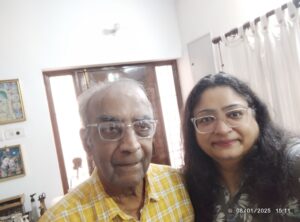
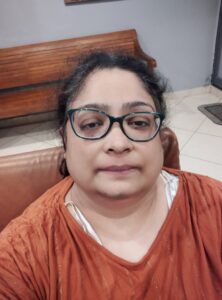
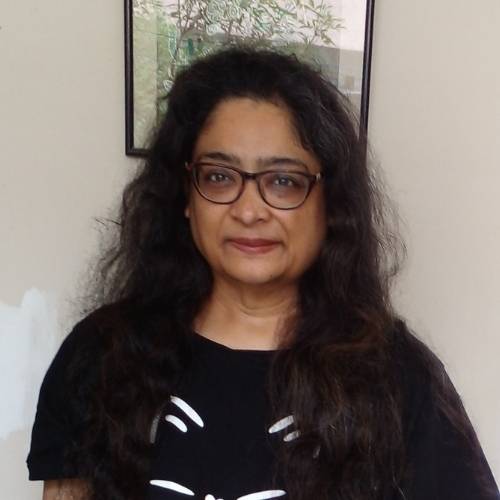
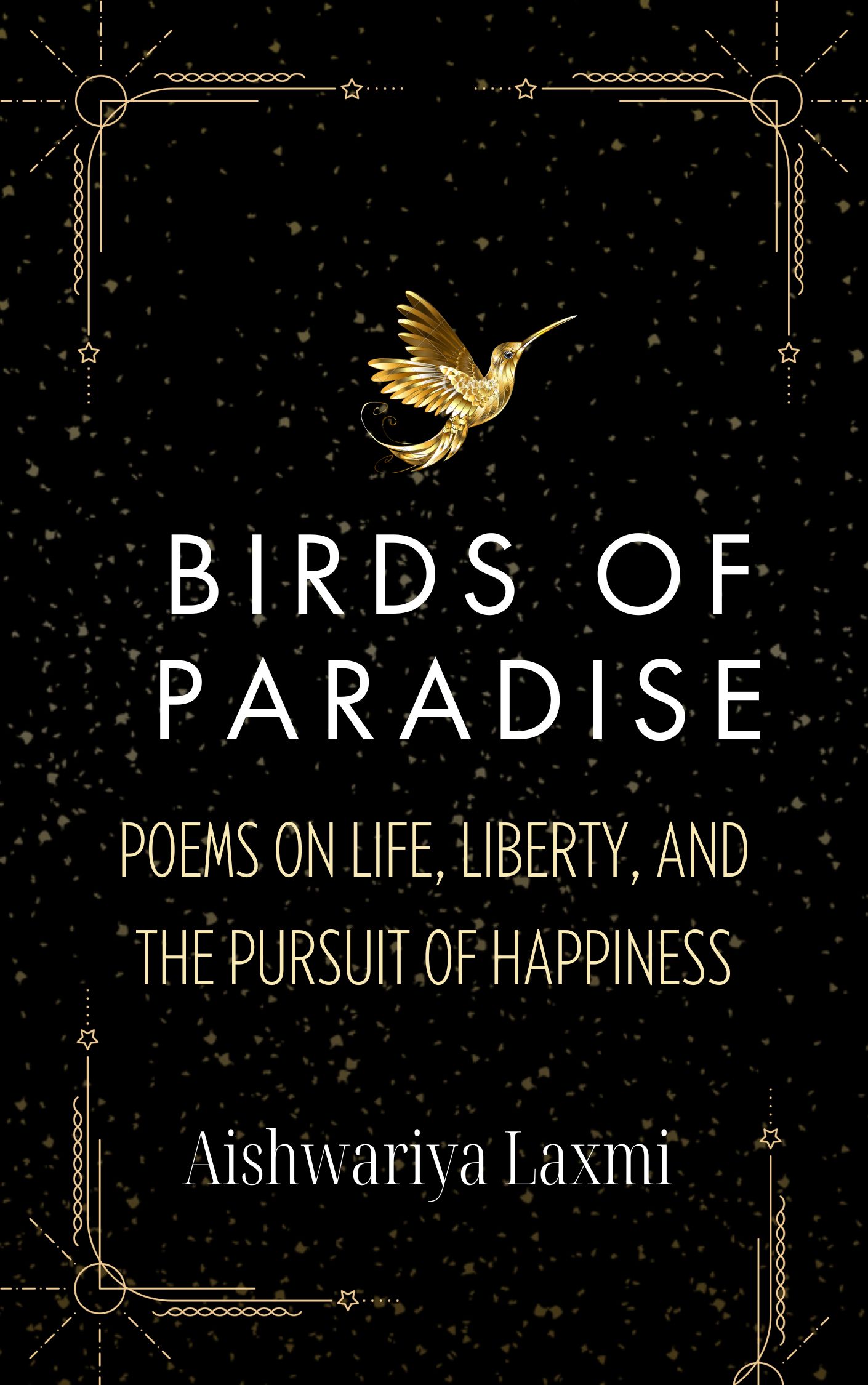

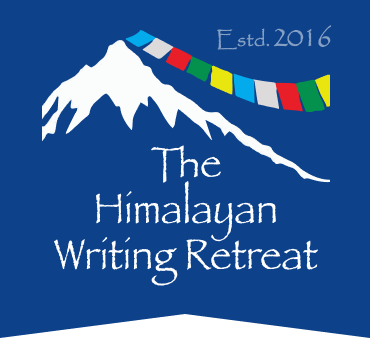


13 Responses
I like her thoughts on books and writing. I also feel we should write independently, be bold and free. I also write as and when I can, most days I have a block. I have yet to read the Feluda series, though have come across so many readers praising them. Got to get my hands on them.
Hi Ambica, I bought the Feluda series recently during the Amazon sale.
Although the interview seemed interesting and insightful, I wish the introduction would have been more welcoming. Loved the post though.
Hi Swarnali, I made the author feel welcome in my DMs. Next time, I will do it on the post too. 😀
Lovely to know that she wants to be Atticus Finch- His significant notion is to understand people’s actions, not to judge them.
Violence as a language of choice – what a profound thought. Also loved the title of the story – very intriguing.
wow! what a beautfiul session with author. I have known new author through this post
I really enjoyed her thoughts on books and writing. And what lovely recommendations for writing books!
Enjoyed reading the interview. I can totally relate to her writing process. :))
And the title of the book is so intriguing.
Indeed an interesting interview. I am glad that I could get to know Sucharita Dutta Asanei and about her work and thoughts!
Loved this sparkling interview of author and editor Sucharita Dutta. Generally interviews are boring with a lot of tom-tomming about own worked but this was a refreshing change. I like her candour about her writing style.Sadli I haven’t read any of her works but I think I should after reading this interview.
What a fascinating interview. I love and wholeheartedly agree with this line: “Writing is meditation.”
Enjoyed reading the interview, Aishwariya. As a reader, it is always interesting to read an author’s thought process and what drives them. Loved the title of her book.